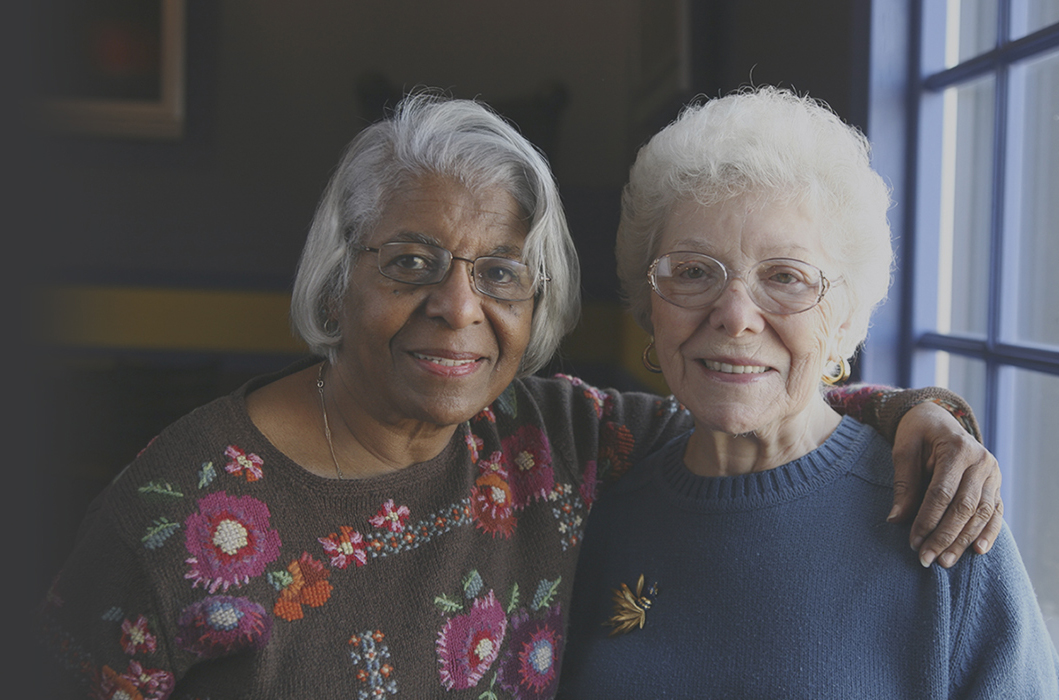“One in 10 unpaid carers who called 999 or took their loved one to A&E did so because they did not know where else to go, a report by Carers UK suggests.
Their snapshot online survey also found that one in five used A&E because they could not get hold of a GP or district nurse.
The charity said a lack of local care and support services was contributing to a rise in A&E visits.” (On the BBC website front page today – 30.09.16) (View article on the BBC website)
Whilst I openly admit that I am a huge advocate of support for carers and always will be, I would like to challenge the direction of Carers UK statement above that implies that it is a lack of ‘local care and support services’ that is causing the increase in A&E usage.
To me, care and support implies a duty of the Local Authority – but health needs should be met by the NHS. One of the things I have found from my own experience as a carer, and in my professional role working alongside thousands of other carers of every age and in every caring situation, is that what is lacking is training – information and practical education and skills in delivering health tasks.
As society has changed and we move further and further away from an ‘in hospital’ model we now see informal, family carers carrying out a wide range of tasks that would previously have been done by qualified health professionals. They change dressings, administer injections or manage peg feeds, they work to avoid or treat pressure sores etc. However they are often doing these things with little to no training or ongoing support.
I remember drawing up syringes of methadone (when morphine stopped working) as pain control for my mum who was dying and I knew how to do it because the vet had shown me when my dog had been ill and needed drugs measured in this way.
Many carers are incredibly capable and very willing to undertake these aspects of providing care but do need initial and ongoing training and guidance.
I will never forget a conversation I had with a young mum of three disabled children:
“It’s funny but when they’re at home and things are going OK I’m left completely alone to manage their medications, feeds and physio requirements.
BUT as soon as one of them is admitted to hospital (which is usually because something happens that I don’t know how to manage) I am asked to leave the room and am referred to as ‘an overly concerned/awkward parent’ when I try to find out what has caused the change, what treatments are to be given etc.
This not only upsets me but is also a needless missed opportunity – as with inclusion into the care and formal training etc. I might be able to avoid these flare ups happening or treat them at home confidently when they do.”
Health professionals are brilliant and I fully recognise that they go through years and years of training and education to achieve their levels or skill and expertise. I am not for one minute suggesting that family carers are trying to emulate this, they simply want the tools, training and support to be able to confidently and competently manage the health care their loved one needs.
If healthcare professionals are allowed to (there is probably red tape somewhere preventing this) and encouraged to recognise and respect family carers as a core part of the health care team for their patients I think they would immediately see reductions in unnecessary A&E visits. Better inclusion in health care planning (as is already required by law in social care) would increase sustainability of caring situations and reduce avoidable crises.
Now social care does not escape entirely here either as I also remember having to have treatment for a bad back injury caused because nobody showed me how to lift my mum or push her wheelchair – and responsibility for this could sit in either camp – but again it was unnecessary use of health care services as a result of a lack of training for family carers.
Hear my plea somebody …. Train carers. Support them remotely with video calling or online chat or respond to messages for help through an app such as Rally Round. Make carers part of the health care team and healthcare professionals be a part of the carer support team. It will make a huge difference to thousands of caring situations.

